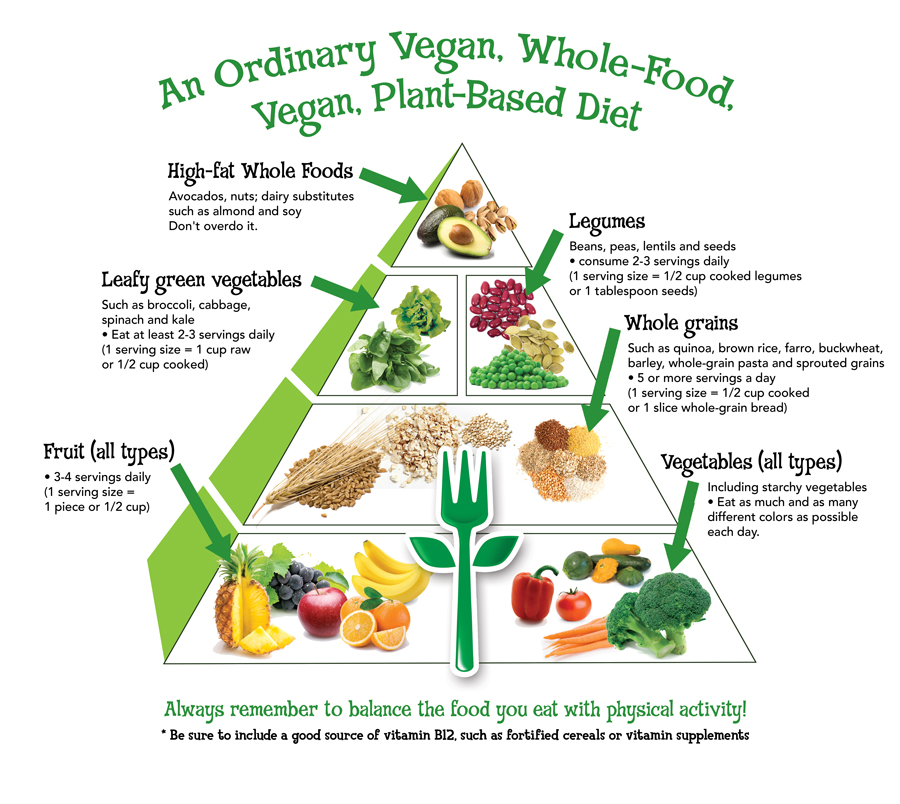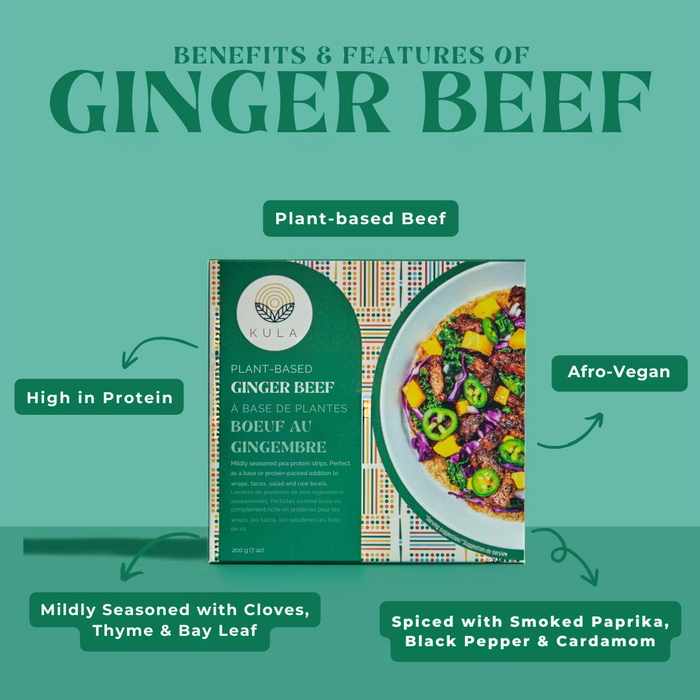The Ultimate Sugar Free Sauces Taste Test: Which One Wins?
The Ultimate Sugar Free Sauces Taste Test: Which One Wins?
Blog Article
All About Healthy And Balanced Food: Advantages of Taking On Plant Based Choices
The conversation bordering plant-based diets has acquired considerable attention over the last few years. Numerous individuals are checking out the potential health benefits, nutritional advantages, and ecological influences related to these dietary selections. As individuals end up being a lot more knowledgeable about their food's influence on wellness and sustainability, concerns arise about the usefulness of taking on such a way of life. What certain adjustments can one expect, and how might these selections improve not only individual health however additionally the world's future?
Understanding Plant-Based Diets
Many individuals connect plant-based diet plans mainly with vegetarianism or veganism, these diet plans can encompass a wide variety of eating patterns that focus on whole, minimally refined plant foods. Such diet plans frequently consist of fruits, vegetables, entire grains, seeds, beans, and nuts, while removing or limiting pet products. This versatility allows individuals to customize their dietary options according to dietary requirements and individual choices. Some may embrace a primarily plant-based diet plan while still occasionally consuming meat or dairy, commonly referred to as a flexitarian method. The emphasis stays on incorporating more plant foods, which can cause a varied range of dishes and flavors. Comprehending these various interpretations of plant-based eating is crucial for appreciating its ease of access and allure in contemporary food culture.
Health And Wellness Conveniences of Plant-Based Foods
The health advantages of plant-based foods are considerable, supplying a nutrient density benefit that sustains total health. Research study shows that these foods can improve heart health and play a vital function in effective weight administration. By including extra plant-based alternatives, people may boost their dietary selections and advertise lasting wellness.
Nutrient Thickness Advantage
Nutrient thickness plays an essential role in the health benefits of plant-based foods, making them a compelling selection for those seeking a well balanced diet. Plant-based foods, such as fruits, veggies, beans, nuts, and entire grains, are usually abundant in crucial vitamins, minerals, and anti-oxidants while being reduced in calories. This high nutrient thickness enables individuals to consume fewer calories while still fulfilling their dietary requirements. Furthermore, these foods are packed with dietary fiber, advertising digestive health and aiding in weight monitoring. By including nutrient-dense plant-based alternatives, customers can improve their overall health, sustain their immune systems, and decrease the risk of persistent illness. Eventually, the nutrient density of plant-based foods underscores their relevance in a health-conscious way of life.
Heart Health And Wellness Enhancement

Weight Management Assistance
Along with promoting heart health, a plant-based diet plan can considerably assist in weight management. This dietary strategy highlights entire foods such as fruits, vegetables, vegetables, nuts, and whole grains, which are usually lower in calories and greater in fiber compared to animal-based products. The high fiber content aids enhance satiety, lowering general calorie consumption. Plant-based diet plans are commonly rich in essential nutrients while low in harmful fats, making it simpler to preserve a healthy weight. Research study shows that individuals who embrace a plant-based way of living tend to have lower body mass indexes (BMIs) and experience even more effective weight-loss compared to those that eat meat-heavy diet plans. Subsequently, accepting plant-based options is a tactical selection for effective weight administration
Nutritional Worth of Plant-Based Active Ingredients
Plant-based components are abundant in essential nutrients, providing a diverse range of vitamins, minerals, and anti-oxidants that add to total wellness. A comparison of healthy protein resources discloses that while pet items are typically checked out as exceptional, numerous plant-based choices give sufficient protein and other advantageous substances. Recognizing the dietary worth of these active ingredients can aid individuals make notified dietary options.
Vital Nutrients in Plants
Nutrient-rich components found in plants offer a diverse selection of crucial vitamins and minerals that contribute substantially to total wellness. These components are abundant in vitamins A, C, and K, which sustain immune feature, vision, and blood clotting, respectively. On top of that, plants supply essential minerals such as magnesium, potassium, and calcium, important for heart wellness, muscular tissue function, and bone strength. The visibility of fiber in plant-based foods aids food digestion and promotes a healthy intestine microbiome. Antioxidants, located abundantly in veggies and fruits, help fight oxidative tension and decrease swelling. Additionally, many plant foods are reduced in calories yet high in nutrients, making them an excellent selection for those seeking to keep a healthy weight while ensuring ideal nutrient consumption.
Comparing Healthy Protein Resources
Healthy protein resources vary substantially in their nutritional profiles, with plant-based ingredients offering unique benefits. Unlike pet healthy proteins, which often contain hydrogenated fats and cholesterol, plant proteins have a tendency to be lower in these unhealthy parts. Legumes, nuts, seeds, and entire grains are rich in necessary amino acids, fiber, vitamins, and minerals. Lentils give high protein content alongside substantial iron and folate, while quinoa is a total protein, supplying all nine essential amino acids. Furthermore, plant-based proteins are often come with by antioxidants and phytochemicals that sustain overall health. The shift to plant-based protein sources not only boosts dietary intake however additionally aligns with lasting dietary techniques, decreasing ecological effect and advertising lasting health advantages.
Ecological Effect of Plant-Based Consuming
As awareness of climate visit the website modification expands, lots of individuals are checking out lasting dietary options that can significantly decrease their environmental footprint. Plant-based eating has become a substantial contributor to decreasing greenhouse gas exhausts, which are largely related to animals production. The growing of fruits, grains, legumes, and veggies generally calls for less sources, such as water and land, contrasted to pet farming. Additionally, plant-based diet regimens can cause decreased deforestation, as much less land is needed for grazing livestock or growing pet feed. By changing towards plant-based choices, customers can support biodiversity and promote healthier ecological communities. In general, accepting plant-based consuming not just benefits individual wellness yet additionally stands for an important step towards ecological sustainability and preservation initiatives.
Conquering Common Misconceptions
While several people recognize the advantages of a plant-based diet regimen, several false impressions often discourage them from fully welcoming this way of living. An usual idea is that plant-based diet regimens do not have adequate healthy protein; however, numerous plant resources, such as beans, nuts, and tofu, give ample protein. In addition, some presume that this diet plan is expensive, when actually, staples like beans, rice, and seasonal veggies can be fairly affordable. Another misconception is that plant-based eating is overly limiting, whereas it in fact uses a diverse selection of tastes and foods. Many stress that a plant-based diet plan may lead to shortages, yet with appropriate planning, people can obtain all necessary nutrients, including vitamins and minerals, while delighting in a vast selection of delicious dishes. Broad Tips for Transitioning to a Plant-Based Way of living
Making the change to a plant-based way of living can be an enriching experience, though it usually needs some guidance to browse the preliminary changes. Initially, people are encouraged to begin slowly, including more fruits, vegetables, beans, and whole grains right into their meals while lowering meat and dairy products consumption. Meal planning is necessary; preparing a regular food selection can help alleviate the adjustment and prevent final unhealthy options. Checking out cooking techniques and brand-new dishes can additionally keep and enhance the experience enjoyment regarding plant-based consuming. In addition, signing up with support system or communities can provide motivation and share beneficial suggestions. Staying notified regarding nourishment assurances well balanced meals, stopping shortages while cultivating a healthy and balanced, enjoyable plant-based way of living.

Delicious Plant-Based Meal Concepts
Checking out scrumptious plant-based meal concepts can influence individuals to welcome a much more nourishing diet. One prominent alternative is a hearty quinoa salad, including cherry tomatoes, cucumber, and a tangy lemon-tahini clothing. An additional favorite is a mouthwatering lentil stew, loaded with carrots, celery, and fragrant herbs, best for a calming supper. For morning meal, overnight oats made with almond milk, chia seeds, and covered with fresh berries give a nutritious begin to the day. Furthermore, a vibrant veggie stir-fry with tofu and a variety of vivid veggies can be a quick yet satisfying dish. Finally, creamy avocado toast on whole-grain bread, sprinkled with Web Site seeds and flavors, provides a basic yet savory treat. These dishes display the selection and splendor of plant-based consuming.

Frequently Asked Inquiries
Can a Plant-Based Diet Regimen Offer Enough Protein?
The inquiry of whether a plant-based diet plan can offer sufficient healthy protein is usual. Numerous resources, including legumes, nuts, seeds, and entire grains, can meet healthy protein requires properly, sustaining a balanced and nourishing diet for individuals.
Are Plant-Based Diet Plans Suitable for Kid?
The suitability of plant-based diet regimens for kids depends on mindful planning. Ample nutrients should be ensured, including minerals, vitamins, and healthy proteins. With appropriate advice, such diet plans can sustain healthy development and advancement in children.
Exactly how Do I Eat in restaurants on a Plant-Based Diet?
Eating out on a plant-based diet plan entails seeking restaurants with varied menus, asking for alterations, and exploring vegan-friendly choices. Preparation ahead and connecting dietary choices can boost the dining experience while preserving nutritional options.
What Prevail Allergens in Plant-Based Foods?
Typical irritants in plant-based foods consist of soy, learn this here now gluten, nuts, and seeds - Plant Based Beef. Individuals following a plant-based diet needs to be mindful of these irritants and check out labels meticulously to prevent unfavorable reactions and ensure secure consumption
Can Plant-Based Diets Assist With Weight-loss?
Study shows that adopting a plant-based diet may promote weight-loss as a result of its commonly reduced calorie thickness and greater fiber material. This combination can improve satiety, assisting individuals manage their calorie consumption effectively. Many people link plant-based diet regimens mainly with vegetarianism or veganism, these diets can encompass a wide range of eating patterns that focus on entire, minimally processed plant foods. Nutrient density plays a vital function in the health advantages of plant-based foods, making them an engaging option for those seeking a balanced diet regimen. Plant-based diets have actually been revealed to substantially boost heart health, as they usually contain components that sustain cardiovascular function. In enhancement to promoting heart wellness, a plant-based diet regimen can significantly aid in weight management. A typical belief is that plant-based diets do not have adequate protein; nonetheless, various plant sources, such as legumes, nuts, and tofu, give adequate protein.
Report this page